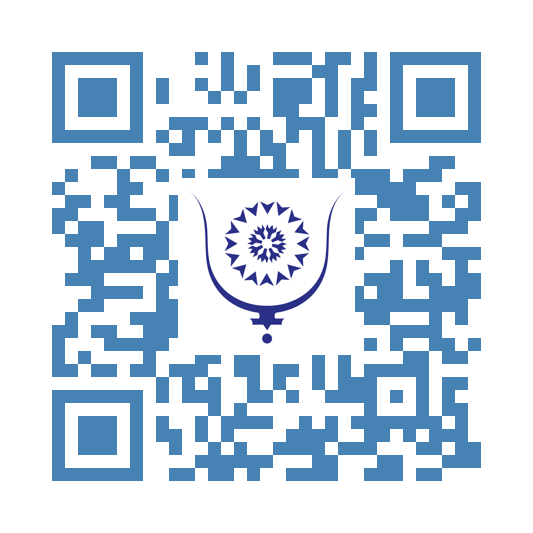La maison parentale 123
Il était une fois la maison parentale
La maison de mes parents est définitivement fermée.
La sonnerie reste curieusement muette. Il n'y a plus maman pour m'accueillir à bras ouverts avec son merveilleux sourire légendaire. Il n'y a plus papa pour me parler de ses nombreux voyages, me raconter ses fameuses blagues et me donner ses conseils pour mon poste et ma carrière. Il n'y a plus d'odeurs magiques émanant de la cuisine de maman qui me donnaient l'eau à la bouche en prélude d'un bon festin et de succulents plats dont elle seule avait le secret.
Mes parents étaient si fiers de faire de moi un médecin. Ils ne savaient guère qu'une fois malades j'allais veillé sur eux et leurs malheureux destins et les accompagner jusqu'à la fin de leur vie! En prenant des décisions médicales et thérapeutiques que mes frères et sœurs et le reste des membres de la famille avaient du mal à comprendre l'intérêt mais finissaient par réaliser l'intérêt.
Depuis leurs morts, il n'y a plus cette ambiance paisible qui régnait à notre maison. Il n'y a plus cette joie de vivre. Et pour ainsi dire même les aiguilles de la montre murale sont restées figées et le balançoire a cessé définitivement ses va et vient à l'infini. Plus de tic tac, point de musique en vrac quand chaque heure est pile. Il n'y a plus ces débats acharnés entre mes frères et sœurs dont seul papa avait l'art de trancher nos avis partagés avec sa légendaire sagesse et sa pédagogie. Personne n'est avantagé. Personne n'est frustré. Tout le monde avait compris et savamment appris. Il nous a appris à faire le discernement des choses, à composer de la poésie, des vers et des proses. Il épatait l'auditoire par ses drôles histoires à mourir de rire.
A présent il n'y a plus d'invités à la maison. Elle est définitivement fermée. Un silence religieux y règne tel une communion, tel un recueillement, telle une prière.
Le temps s'est brusquement arrêté une première fois le 3 Octobre 1996 après le décès de ma mère. Il s'est figé pour toujours le 5 Décembre 2018 après la mort de mon père. Après toute fois m'avoir fait la faveur et laissé le temps de fêter la veille mon anniversaire.
Dorénavant il ne me reste d'eux que les bons souvenirs et les prières
pour que leurs âmes reposent en paix
Dr Bouchareb Fouad
Rabat le 5 Décembre 2022
Tous les droits sont réservés



